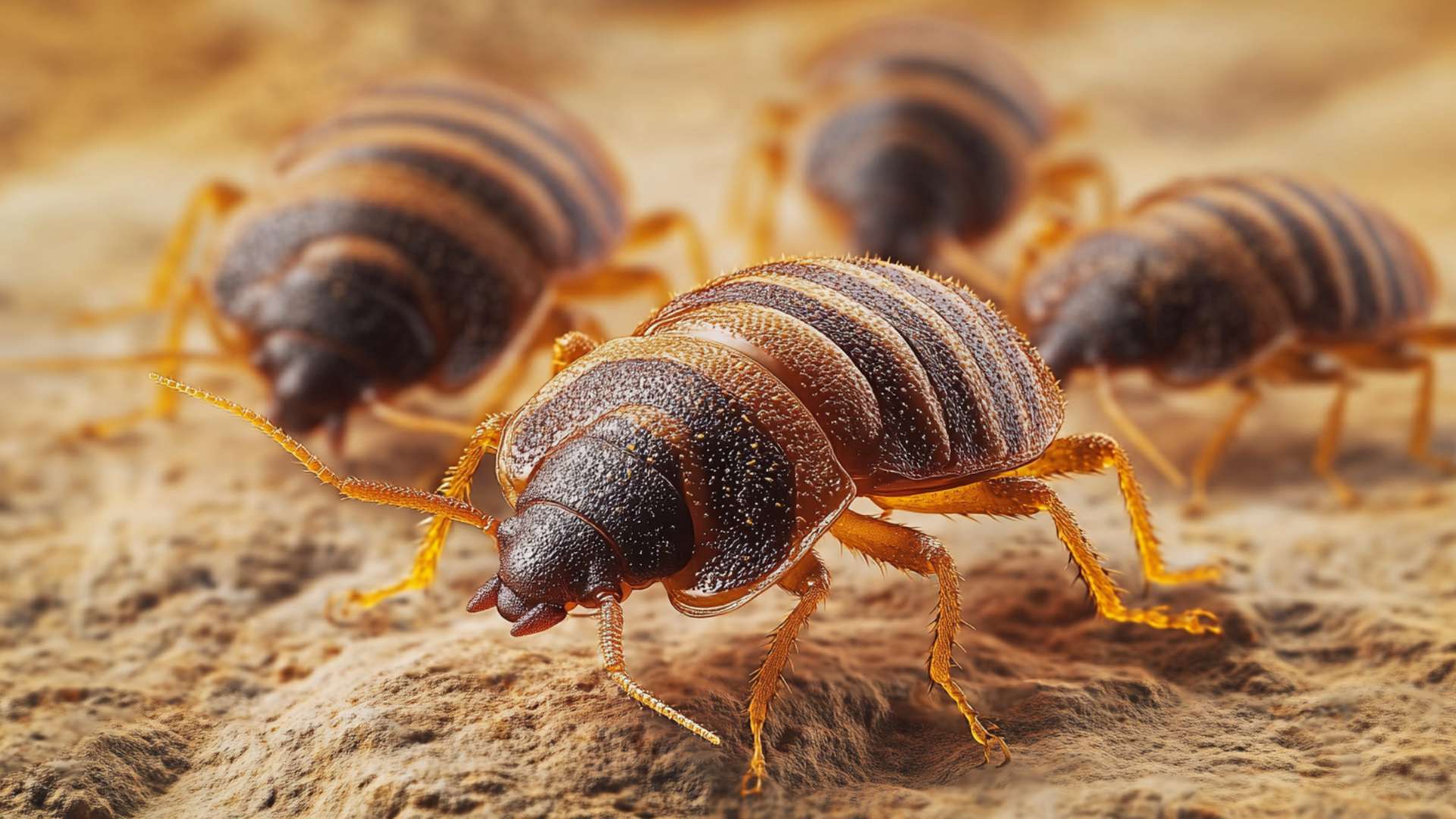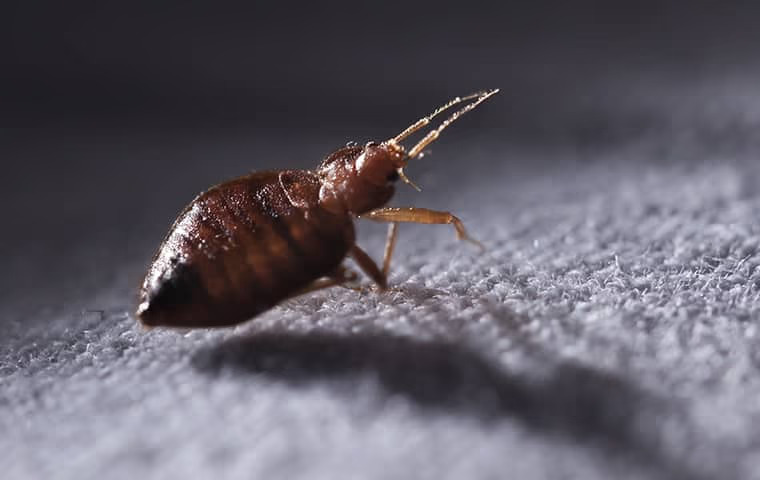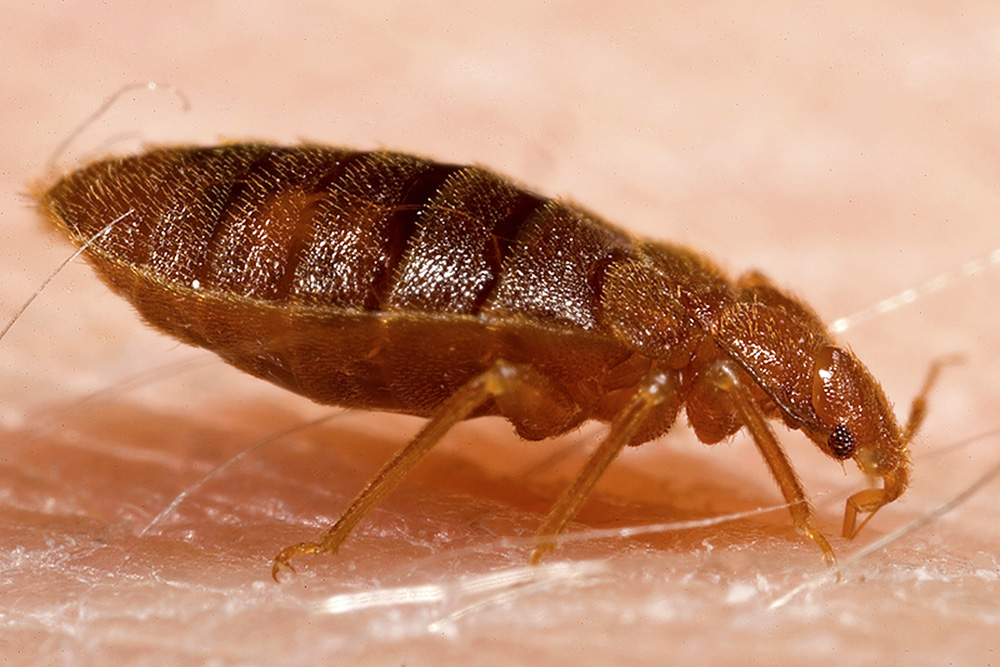Kings Cincinnati Bug Control Companies: Reliable Services
Wiki Article
Kinds Of Bug Control: Which Method Is Right for Your Problem?
When confronted with an insect infestation, the option of an ideal technique for bug control is essential in effectively taking care of the scenario. From chemical treatments to biological options, there exists a range of strategies that can be utilized to address various kinds of insects. Each approach comes with its own set of considerations and benefits, making the decision-making procedure a nuanced one. Recognizing the subtleties of each approach and examining their compatibility with the specific parasite problem at hand is necessary for accomplishing long-term success in parasite management. By exploring the various types of bug control approaches readily available, individuals can make informed decisions tailored to their distinct situations, guaranteeing a more reliable and lasting result in bug elimination.Chemical Pest Control
Chemical parasite control includes the usage of artificial or naturally obtained chemicals to manage and get rid of pest populations properly. This technique is commonly utilized in farming, forestry, and domestic setups to fight a vast array of pests, including weeds, insects, and rats. The usage of chemical pesticides can provide fast and targeted solutions to pest invasions, making it a preferred choice for lots of individuals and services.Among the key advantages of chemical parasite control is its ability to quickly remove pests, minimizing the threat of damage to crops, residential or commercial property, and human wellness. By using particular chemicals that target specific parasites, this method can efficiently manage problems while minimizing damage to helpful microorganisms and the environment when applied properly.
Nevertheless, using chemical parasite control additionally raises issues regarding prospective negative results on non-target species, water resources, and human health. It is vital to adhere to safety and security standards, use chemicals responsibly, and consider alternative pest control methods to reduce these dangers and guarantee sustainable insect administration methods.
Biological Insect Control
Organic bug control, also recognized as biocontrol, uses living microorganisms to handle and reduce parasite populations normally. By utilizing the parasite's natural killers or microorganisms, organic insect control supplies a ecologically pleasant and sustainable solution to pest management.
Mechanical Parasite Control
Making use of hand-operated and physical approaches to take care of parasite populaces, mechanical parasite control supplies an alternate approach that does not depend on the usage of living microorganisms or artificial chemicals. This approach includes the use of barriers, traps, or various other tools to literally prevent or get rid of insects. By blocking pest access factors or establishing traps to capture them, mechanical parasite control can properly minimize invasions without introducing chemicals right into the atmosphere.One typical example of mechanical parasite control is making use of mesh screens on doors and home windows to avoid bugs from entering structures. This basic yet efficient method works as a physical obstacle, keeping parasites out while enabling for proper air flow. Furthermore, devices like mousetraps, fly swatters, and ultrasonic repellents drop under the mechanical insect control category.
While mechanical parasite control techniques can be labor-intensive and call for routine monitoring and upkeep, they provide a ecologically friendly and lasting solution for taking care of insect problems. By integrating different mechanical methods, homeowner can develop a comprehensive pest control strategy that decreases reliance on chemical pesticides.
Physical Bug Control

Some common physical pest control techniques include making use of barriers such as screens or webs to stop insect entrance, traps to record and get rid of bugs, and hand-picking to physically remove pests from plants or frameworks. In addition, methods like warm treatments can be made use of to regulate bugs like bed bugs by raising the temperature level to levels that are lethal to the pests.
Physical bug control is especially useful in incorporated bug administration (IPM) strategies, where numerous bug control methods are incorporated for efficient insect monitoring while lessening making use of chemicals. By making use of physical bug control techniques, people can efficiently address bug infestations with marginal environmental influence.
Integrated Insect Management
When carrying out physical pest control approaches as part of parasite management methods, Integrated Pest Monitoring (IPM) emerges as a detailed method that leverages numerous techniques to successfully control pest populations. IPM concentrates on long-term avoidance of parasites through a combination of organic, cultural, physical, and chemical devices customized to particular parasite issues. By incorporating numerous control strategies, IPM intends to minimize the dangers connected with pests while likewise lowering reliance on chemical services.One secret facet of IPM is the emphasis on tracking and examining pest populaces to determine the most proper control approaches. This proactive method permits very early treatment and targeted strategies, resulting in much more effective parasite monitoring. Additionally, IPM promotes ecologically friendly methods by focusing on non-chemical control approaches and just making use of chemicals as a last hotel.
Verdict

By using the bug's all-natural predators or microorganisms, organic parasite control provides a ecologically pleasant and sustainable remedy to pest management. - Kings pest control Cincinnati
Using physical and hand-operated methods to manage insect populations, mechanical bug control uses a different strategy that does not rely on the use of living organisms or the original source synthetic chemicals.An effective method to handling insect populaces without depending on chemical or biological techniques entails the usage of physical parasite control methods.When carrying out physical bug control techniques as part of bug management methods, Integrated Pest Management (IPM) emerges as a comprehensive approach that leverages various techniques to effectively control pest populaces. Chemical parasite control entails the usage of pesticides, useful content biological parasite control makes use of all-natural predators, mechanical insect control involves physical obstacles, physical bug control includes trapping or removing parasites, and incorporated insect management incorporates numerous techniques for a holistic approach to pest control.
Report this wiki page